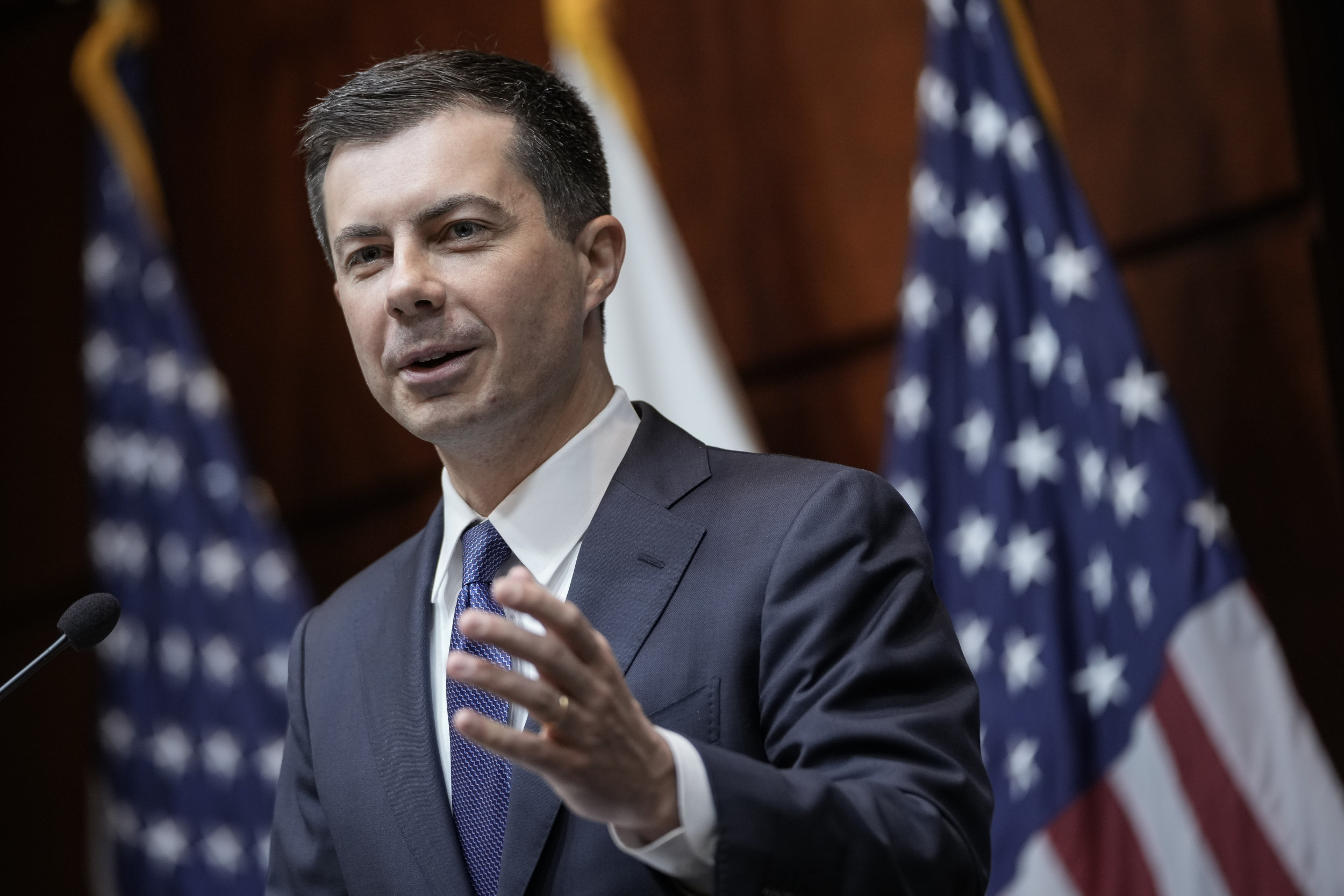Israeli Prime Minister Benjamin Netanyahu called President Donald Trump the "greatest friend Israel has ever had" after their meeting in the Oval Office on Tuesday. After the president's remarks on the Gaza Strip though, he could have added the "world's greatest disruptor" as another fitting title.
The United States will take over the Gaza Strip, Trump said in a press conference alongside Netanyahu. It will level Gaza and turn it into the "Riviera of the Middle East." With just a few sentences, Trump upended decades of American policy and shattered the conventional thinking that had governed the Israel-Palestinian conflict for generations. In doing so, he forced a reckoning with the status quo that the world had long ignored.
Trump's announcement (since partly backtracked by his staff) wasn't just a disruption of policy; it was an understanding that the situation in Gaza cannot continue. The Strip, used as a launchpad for attacks against Israel and a breeding ground for radicalization, has become a symbol of failure - not just for Hamas, but for the Palestinian leadership that has failed to reform its own society. Trump's words pointed to an uncomfortable truth: Gaza must change, and the cycle of violence and indoctrination must come to an end.

For too long, the world has debated tactical solutions for Gaza—who will replace Hamas, what international bodies will oversee its rebuilding, and how to handle the humanitarian crisis. But Trump put an end to that. His core message was simple: Fighting Hamas, destroying infrastructure, and killing fighters will never be enough. As long as Hamas remains, Gaza's youth will continue to be radicalized, anti-Western rhetoric will persist, and a new generation will grow up harboring hatred toward Israel and America.
This is the challenge Trump has put on display. It isn't about tactical shifts in leadership or military operations; it's about the larger issue of deradicalization. Until something dramatic happens and the ideological battle is won, Gaza's future will not change.
Yet, while Trump's message is urgent, the plan's feasibility is another matter. In Israel, the announcement took officials by surprise. The Israel Defense Forces found themselves questioning the logistics of such an ambitious undertaking. Moving nearly two million people, rebuilding Gaza's infrastructure, as well as a society from the ground up, is an undertaking of monumental scale. Even if this plan could be implemented, it would face stiff opposition from the Arab world, international actors, and, most significantly, the people of Gaza themselves.
Perhaps, however, the point is not to see the plan through. Trump's goal may not be to actually take over Gaza, but to shake the world out of its complacency. For too long, the international community has enabled Hamas and other radical groups by clinging to outdated conventions. The world's half-hearted responses to Hamas attacks on Israel—calling for Israel to moderate its response after terrorists murdered, kidnapped, and raped—have emboldened terror. This is precisely what Trump is challenging.
By suggesting that the U.S. take over Gaza, Trump is forcing a re-evaluation of everything. It's an invitation to reconsider the way forward. It sends a message to Hamas, to Egypt, to Jordan, and to the Palestinian Authority: the time for "business as usual" is over.
In this context, Trump's words are disruptive not just to the geopolitics of Gaza, but to the very frameworks of the Israeli-Palestinian conflict. His idea will make Hamas think twice before rejecting a continuation of a hostage deal or refusing a broader settlement. It has the potential to force the Palestinian Authority to confront its own failures.
But there's another layer to this disruption—one that goes beyond Gaza. It may be that Trump's announcement was designed with Saudi Arabia in mind. Saudi-Israel normalization has long been a goal for both Israel and the U.S., and this initiative could serve as leverage in the ongoing negotiations.
When Saudi Arabia condemned Trump's plan, it may have been a calculated move. By floating the idea of a U.S. takeover, Trump could be offering the Saudis a "win" for future negotiations—taking the Gaza plan off the table to achieve a broader peace deal with Israel. The Saudis could use the removal of this idea to demonstrate their leadership in the Arab world
For Israel, the plan may hold significant domestic political implications as well. Netanyahu's coalition, previously shaky, could find new unity in the face of such a proposal. Hardliners, particularly Itamar Ben-Gvir, who left the government after the approval of the first hostage deal, is now rethinking his position. The notion of removing Gaza's population and reshaping its future is music to the ears of Israel's right-wing camp, a move that could consolidate Netanyahu's hold on power.
So, while the specifics of Trump's Gaza plan may never come to fruition, its impact is undeniable. It forces the world to confront uncomfortable truths about the nature of this conflict and its never-ending stagnation. Whether or not the plan is implemented, it has already achieved its purpose: it has disrupted conventional thinking and opened new possibilities for resolving the decades-old stalemate.
This is the new Trump approach to diplomacy: bold, unpredictable, and unapologetically disruptive. Everyone will have to adjust to this new world order.
Yaakov Katz is the co-author of the forthcoming book "While Israel Slept" and is a senior fellow at JPPI, a global Jewish think tank based in Jerusalem.
The views expressed in this article are the writer's own.














)





 English (US) ·
English (US) ·